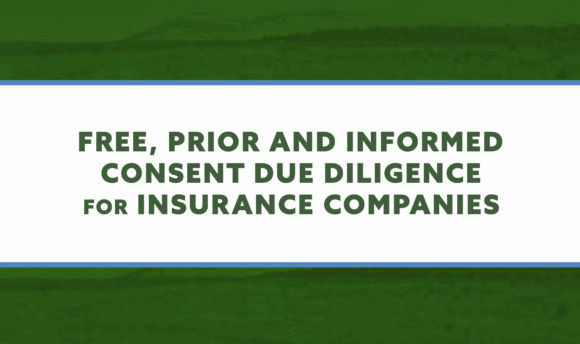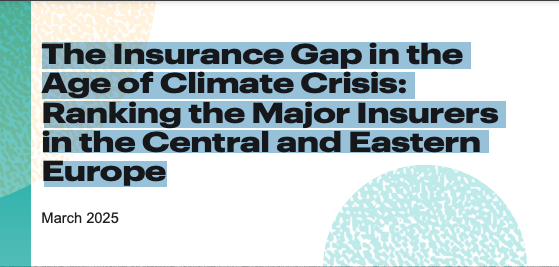Risk management is at the heart of insurers’ business. Yet we find that insurers are still not adequately considering – and are in fact actively compounding – the greatest risk humanity faces today: climate change and its irreversible consequences.
This briefing compares insurers’ words with their actions. It shows that even members of voluntary initiatives, such as the Net Zero Insurance Alliance, are not decarbonising their investment and underwriting practices at the pace required according to the IEA and climate scientists. With insurance regulation Solvency II up for review in both the UK and the EU, policymakers have a unique opportunity to inscribe the necessary sustainability requirements into law.
This briefing highlights the limits of voluntary commitments and sets out what Solvency II legislation should require of insurers to avoid further ecological breakdown, and the financial ramifications of this, such as stranded assets. We recommend policymakers introduce:
- Higher capital requirements accounting for high-risk assets such as fossil fuels
- Mandatory net zero transition plans and frequent regulatory scrutiny thereof
- Streamlined ‘double materiality’ approach for insurers to assess their impact on climate
- Rigorous stewardship policies for investment and underwriting
- Stricter reporting rules as per the obligations of Task Force on Climate-Related Financial Disclosures (TCFD) and Taskforce on Nature-related Financial Disclosures (TNFD).
In this way governments can safeguard society at large and insurers from risks that are far too serious to be left to the goodwill of a minority of actors within the insurance industry.



